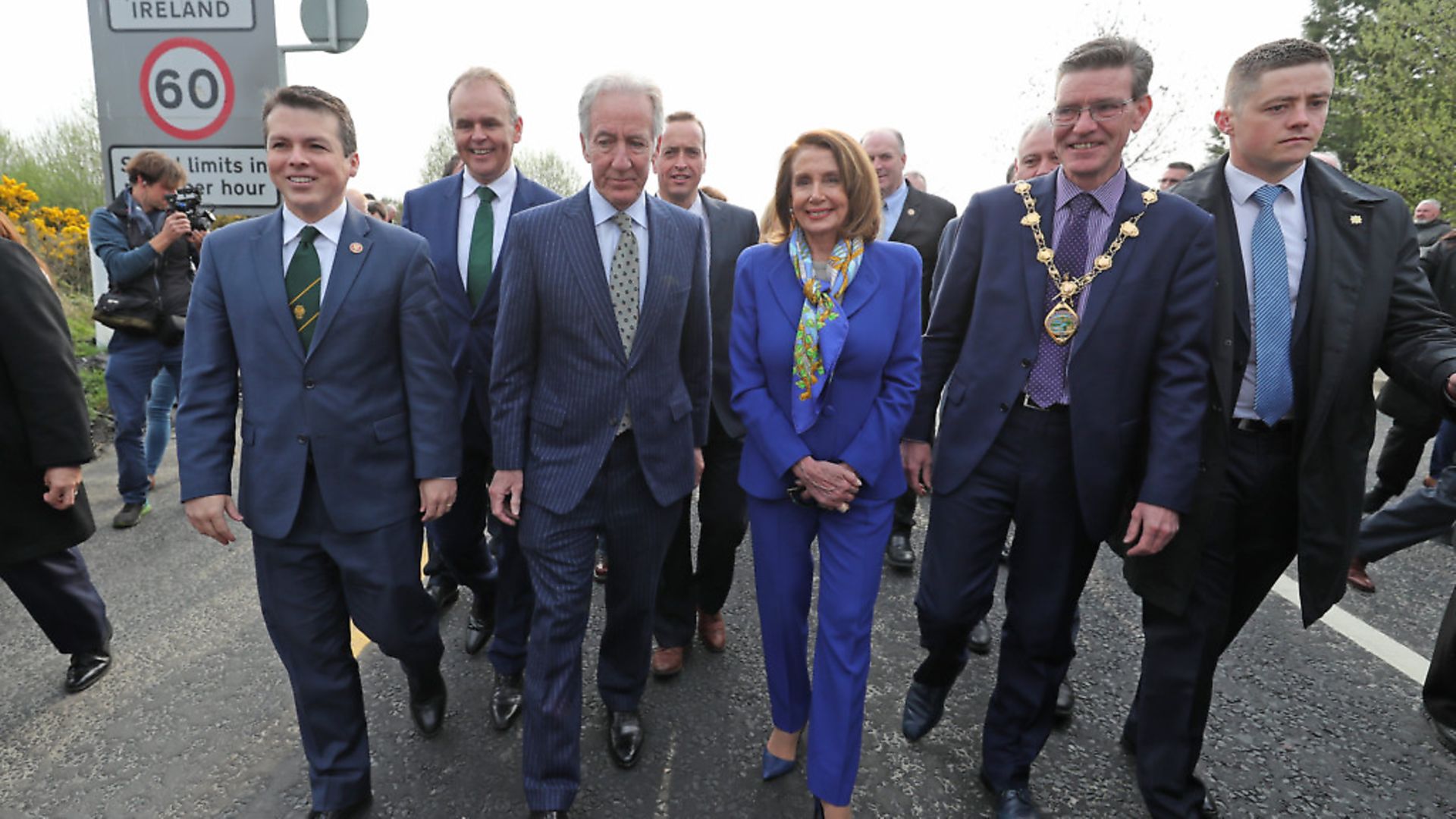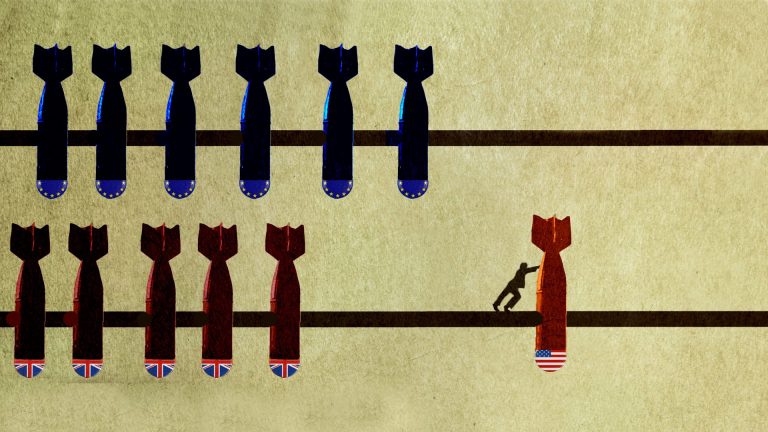
Britain has been warned it will not achieve a post-Brexit trade deal with America if it reneges on its commitments to Northern Ireland.
Senior congressman Brendan Boyle said a breakdown in talks between Brussels and London would result in the collapse of negotiations with Washington too.
The Democrat is a member of the key congressional committee that oversees taxes and tariffs, said he did not trust Johnson’s government over its explanation.
He told the Today programme: ‘If the UK in leaving the European Union, which is fully their right to do, in such a way that it violates the Good Friday Agreement, there will be no US-UK free trade agreement, period.
‘So the UK needs to understand, there will be consequences that stretch well beyond trust [in its] dealings with the EU on this matter.’
Have your say
Send your letters for publication to The New European by emailing letters@theneweuropean.co.uk by Tuesday at 9am and pick up an edition each Thursday for more comment and analysis. Find your nearest stockist here, read the newspaper on our app, or subscribe to a print or digital edition for just £13. You can also join our readers' Facebook group to keep the discussion and debate going with thousands of fellow pro-Europeans.
‘I can’t believe that any side to this debate would be acting in such a cavalier way when we’re talking about a fragile peace in the North of Ireland.’
He added: ‘It will also be very difficult to enter into a trade negotiation with a party that would have just ripped up a very important agreement to us’.
Boyle said it was not a threat to the UK government, explaining ‘it’s just a statement of reality’ and that it reflects strength of feeling amongst the Democrats, including House speaker Nancy Pelosi.
The politician asked: ‘Why would you engage in negotiations with such a party, because they might turn around and use the same tactic against you?’
His concerns were echoed by Theresa May, who asked in the House of Commons: ‘The United Kingdom government signed the Withdrawal Agreement with the Northern Ireland Protocol. This parliament voted that agreement into UK legislation. The government is now changing the operation of that agreement. Given that, how will the government reassure future international partners that the UK can be trusted to abide by the legal obligations it signs?’








